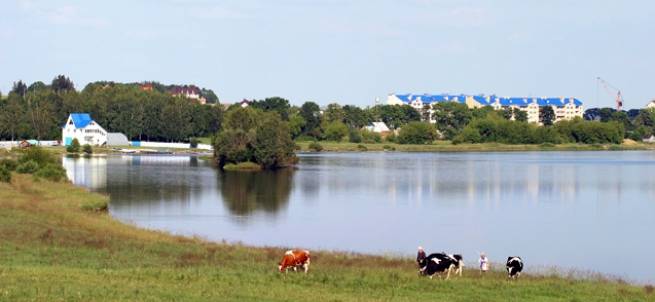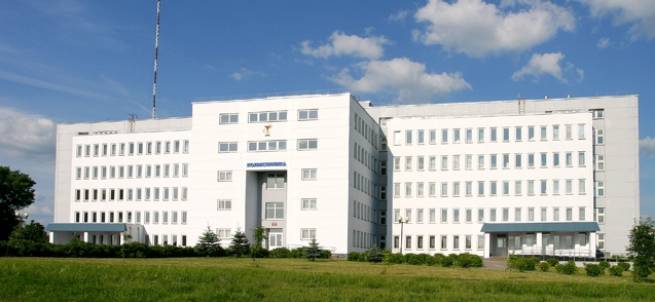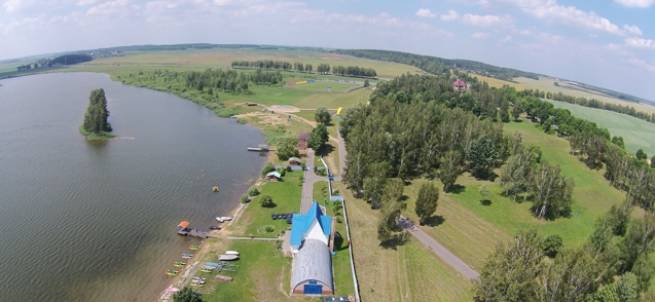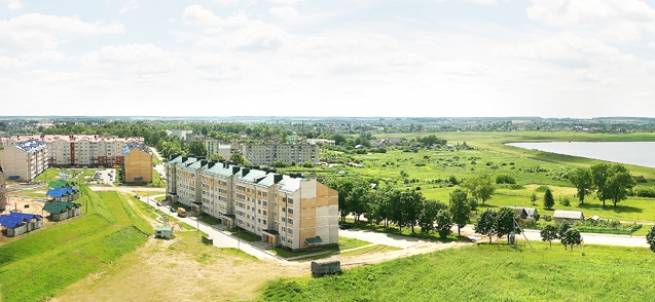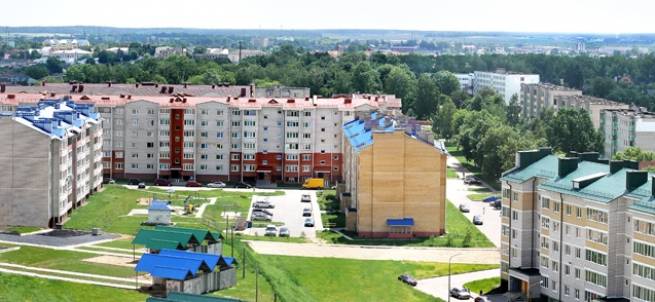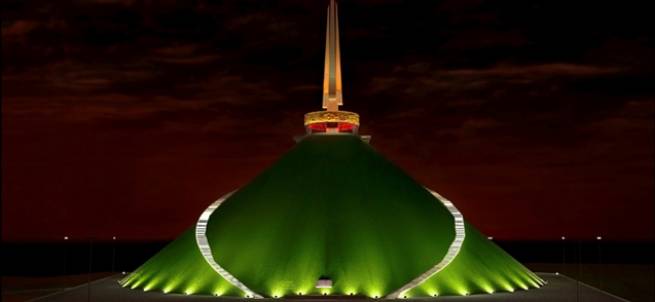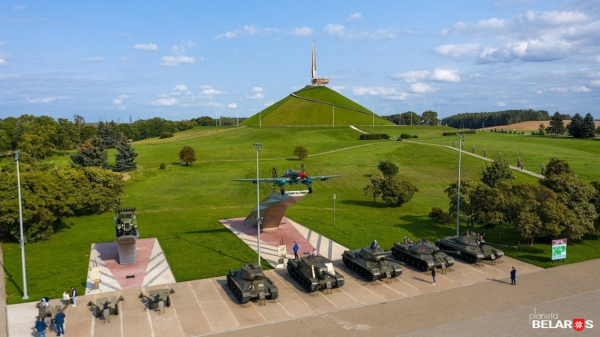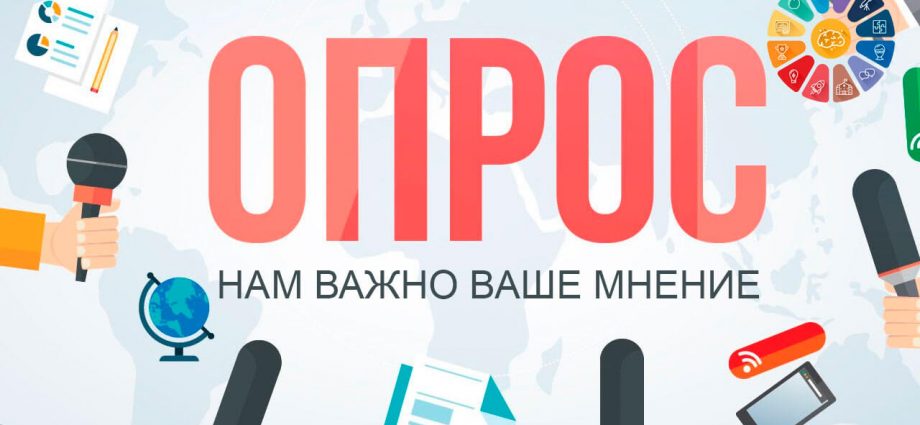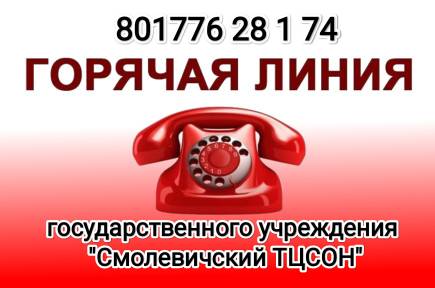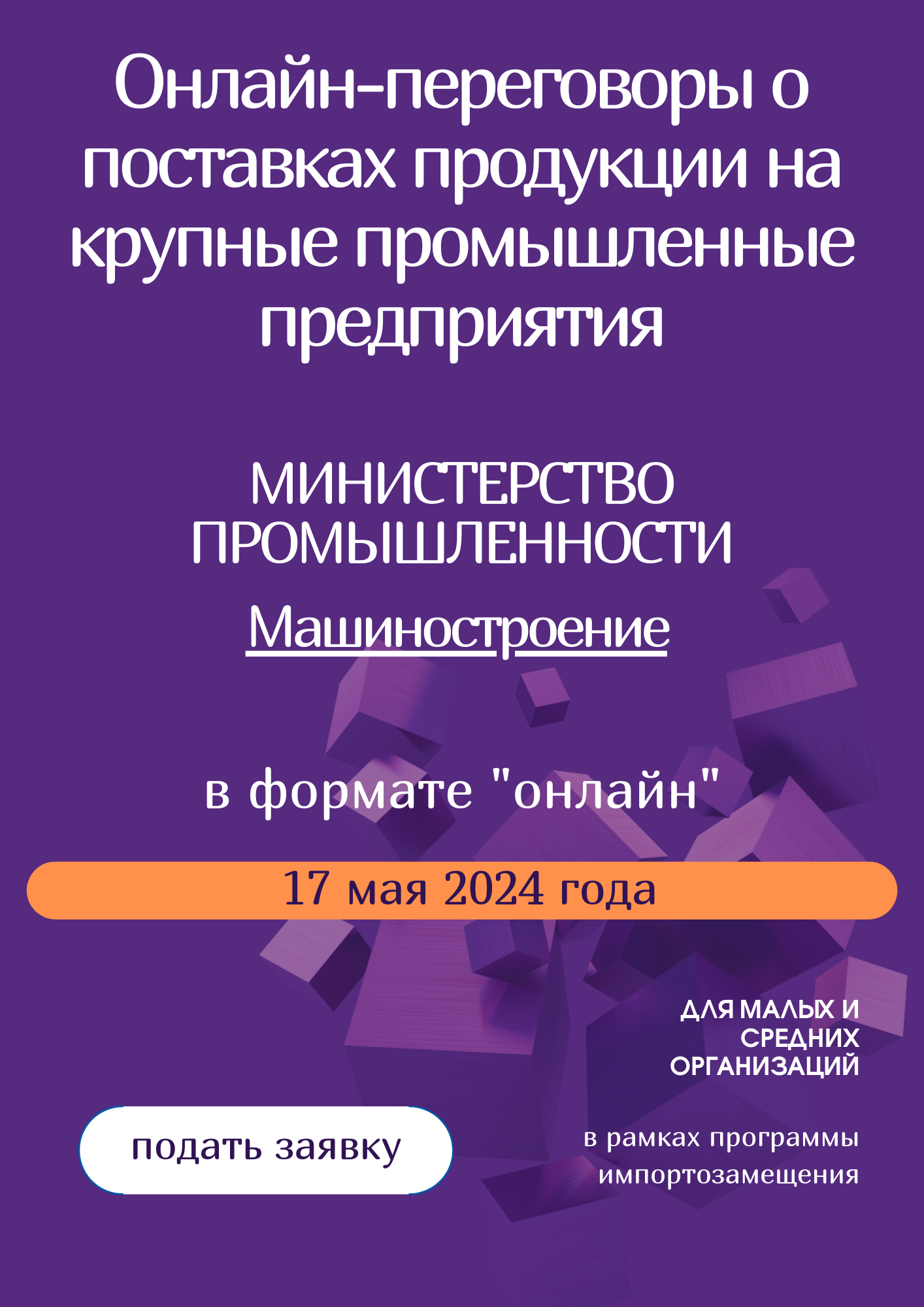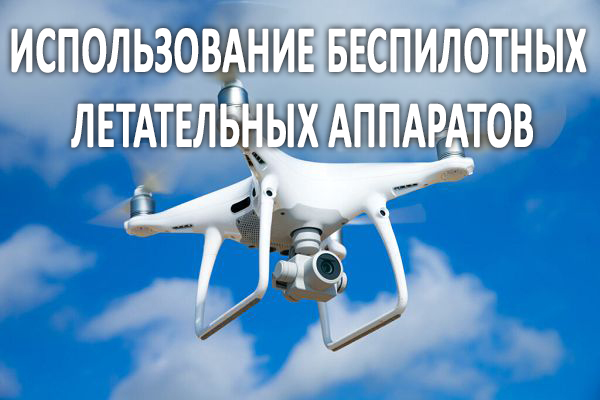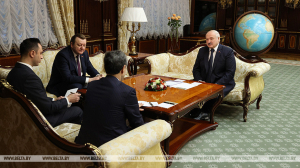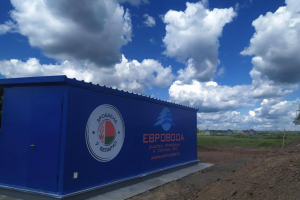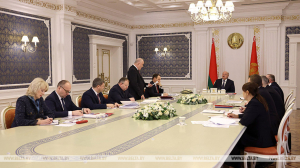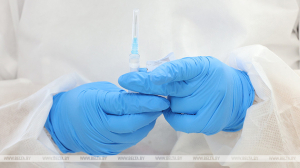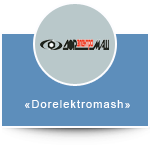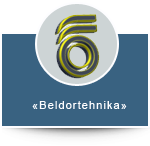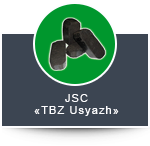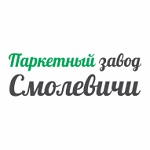ADDRESS:
222201, Minsk region,
Smolevichi, st. Sovetskaya, 125 (working hours)
Reception phone: +375 (1776) 4-42-91 "hot line"
Fax: +375 (1776) 2-76-33
Telephone "hot line" of the district executive committee: +375 (1776) 4-42-91 "hot line"
The "hot line" of the Municipal Unitary Enterprise "Smolevichskoe Housing and Public Utilities" is open from 8.00 to 13.00 and 14.00 to 17.00 Monday-Friday by phone +375 (1776) 2-73-68
Single number of reference service "one window" - 142
E-MAIL: isp@smolevichi.gov.by (for business correspondence), the section "Electronic Appeals" for appeals from citizens and legal entities.
user1
За эти дни каждый неравнодушный белорус может не только больше узнать о деятельности Белорусского Общества Красного Креста, но и стать с его волонтерами плечом к плечу для оказания помощи людям, которые в ней нуждаются. Месячник Красного Креста – это еще одна прекрасная возможность для каждого взглянуть вокруг себя и осознать, что делать добро в силах каждого из нас.
Нужно сказать, что дата начала месячника, 8 мая, выбрана неслучайно. Именно в этот день в 1828 году родился основоположник Международного движения Красного Креста и Красного Полумесяца, первый лауреат Нобелевской премии мира Анри Дюнан – человек, жизнь которого была неразрывно связана с идеей распространения добра и помощи людям по всему миру.
Прошло более 150 лет с того момента, как 29 октября 1863 года был подписан важнейший документ о создании национальных обществ помощи санитарным службам Вооруженных Сил, также была предложена идея эмблемы Красного Креста. Спустя год, 22 августа 1864 года, в Женеве состоялась дипломатическая конференция. На ней представители 20 стран подписали международное соглашение – «Женевскую конвенцию об улучшении участи раненых и больных в действующих армиях», положив начало международному гуманитарному праву (МГП). Уже то, что все мы находимся под защитой международного гуманитарного права, является основанием для оказания поддержки движению Красного Креста и Красного Полумесяца. Так почему же не начать это делать 8 мая – в день, когда отмечается Всемирный день Красного Креста и Красного Полумесяца?
На протяжении месяца члены организации, волонтеры, а именно они являются основным человеческим ресурсом БОКК, будут обращаться к членам трудовых коллективов предприятий, учреждений, организаций, учебных заведений, общественных организаций с просьбой помочь нуждающимся. К тому же, будет организован сбор пожертвований и членских взносов общества для финансирования гуманитарных программ БОКК. В частности, совершенствование службы сестер милосердия, на помощь больным туберкулезом, ВИЧ/СПИДом, одиноким пожилым людям, обучение населения оказанию первой помощи, укрепление материальной базы организаций БОКК и т.д.
Каждый из нас также может принять участие в деятельности организации: помогать личным трудом, советами, жертвовать деньги, продукты питания, одежду, обувь, средства гигиены и ухода за больными, книги и школьные принадлежности для детей с ограниченными возможностями…
Белорусское общество Красного Креста (БОКК) является некоммерческой организацией, основной источник финансирования его деятельности – добровольные пожертвования населения, организаций и зарубежных доноров. Поэтому любая помощь для организации так важна.
Lukashenko: External developments make Belarus, Iran search for new forms of cooperation
The situation in the world prompts Belarus and Iran to look for new forms of cooperation, Belarusian President Aleksandr Lukashenko said as he met with Ambassador Extraordinary and Plenipotentiary of Iran to Belarus Saeed Yari, BelTA has learned.
Reviewing cooperation with Iran, the Belarusian head of state noted that the results could have been much bigger, but everything that has been done during the ambassador's term in office will pave the way for closer bilateral relations in the future. “Of course, as I have said, we could have done more, but the situation in the world and around Iran and Belarus, fortunately, makes us get closer and look for those forms of cooperation that could benefit us the most,” the Belarusian leader said.
The president assessed the level of bilateral trade as normal, but noted that he would like to see it ‘more multifaceted'. “We need to advance from simple trade to cooperation. We need to create joint production facilities in Iran and Belarus,” Aleksandr Lukashenko is convinced.
The Belarusian head of state also expressed interest in the International North–South Transport Corridor, which is a joint project of Russia, Azerbaijan, Iran. This project, in particular, was discussed at the meeting of the presidents of Belarus and Russia. “We have a huge interest in this project,” the Belarusian leader stressed.
“You see that our states and their leaderships are facing many tasks. I very much hope that your further work, including in Tehran, will contribute to the expansion of our relations. I think that you will be personally interested in this,” the president said addressing the outgoing ambassador of Iran.
Belarus and Iran were actively promoting trade and economic cooperation in 2022. The trade exceeded $100 million, up 3 times over 2021: about $101 million vs $33.3 million. At the same time, Belarusian exports to Iran soared almost 6 times - $81.3 million in 2022 vs $14 million in 2021. Belarus' major exports to Iran were potash fertilizers, specific goods, timber, synthetic threads. Iran's major exports to Belarus included nuts, fresh fruit, butter, vegetables, lettuce.
Source: BelTA
The state program “Comfortable housing and favorable environment” will create 224 water iron removal stations in Minsk region by 2025!
According to the GO "Housing and Communal Services of the Minsk Region", for 2021-2022 98 stations have already been put into operation. Most of all in the Minsk region.
Construction of another 62 water deironing stations is planned for the current year. Most of these facilities will appear on the territory of the Borisov, Minsk and Slutsk water utilities.
Source: Minsk-region.gov.by
The planned amendments to the laws on banking activity became the topic of a government meeting hosted by Belarusian President Aleksandr Lukashenko on 7 February, BelTA has learned.
“The topic of today's meeting is the further improvement of the banking legislation,” the head of state said as he opened the meeting. “As usual, the first question is what for and who needs it today?”
The president stressed that the country cannot follow the way of recommendations, given, figuratively speaking, in the last century. For example, a recommendation that banks should be a state within a state, totally independent. “There is nothing independent in the world. Everybody depends on each other – institutions, organizations and so on. Our banking system has enough freedom not to lag behind and work together with the government on the economy,” said the Belarusian leader.
There was a time when the National Bank and other banks were considered the so-called accounting department of the government, said Aleksandr Lukashenko. Today the banking system and the banks are the lifeblood of the economy, without which it cannot function effectively and fully. “We have to be very attentive to make sure that we do not have imbalances,” the head of state said.
According to the president, the consideration of the legislation changes at the meeting does not mean that the banking system operates poorly and its regulatory framework requires a radical revision. “Amid the sanctions the banks showed stability and ensured the safety of savings, payments and accumulation of resources for lending,” the Belarusian leader stressed. “Last year, thanks to the coordination of actions of the National Bank and the government, it was possible to accelerate the reorientation of exports, to support companies with working capital and finance the most important investment projects for the country.”
“The interests of depositors are safely protected in Belarus. Belarus is almost the only country in the world, which guarantees full repayment of deposits regardless of the size and currency in case of economic insolvency of a bank,” the president said.
Yet, life goes on. There are new challenges in money laundering, and cyber-fraud is becoming more sophisticated. Along with negative factors there are some positive ones: technologies are developing, a new system of mutual settlements is taking shape, including in international trade. “In short, time is ripe for changes,” Aleksandr Lukashenko said.
“I believe that new powerful monetary unions with a new reserve currency will emerge soon,” he added.
The president stated that Belarus had timely agreed with Russia on the alignment of the banking legislation in the interests of business entities. “Roman Aleksandrovich [Golovchenko, Prime Minister], we have to work with the Russian Federation in the banking system in the interests of business entities,” Aleksandr Lukashenko stressed.
“I have also instructed the state administration and monitoring bodies to analyze the work of the banking system and make their proposals for adjusting the banking legislation,” the head of state said. “Some of the innovations have already been tested in practice. As we have agreed, the National Bank adds its recommendations and offers to implement them on a systematic basis within the legal framework. Only the things that we need. Yet, I have decided to invite you, experts, to make sure once again that we will benefit from the novelties. After all, a fundamental normative legal act is being considered. People need to know what changes are planned. We need to see whether there are still any issues to be addressed."
Aleksandr Lukashenko stressed that Belarus is a social state and the rules of economic activity should be based on the principles of social justice, equally and unambiguously interpreted and unconditionally complied with. “There are no exceptions for some areas, including the banking one, and there will not be any. The regulator should have all the necessary levers of influence in the financial sector, including the ones to punish negligent banks,” the Belarusian leader said.
Today, it is of particular importance that all branches of government and government agencies work in close coordination, the president is convinced. “Only together can we ensure the mobilization of resources in the most important areas of sustainable economic development,” said Aleksandr Lukashenko. “The banks and the National Bank, as the regulator of the country's banking system, should play the key role here.”
Aleksandr Lukashenko addressed a number of key questions to the participants of the meeting: “How will the novelties affect the work of the banking system? Do they meet the demands of our citizens and the national economy? Will we address all the issues of the Union State integration agenda in the part of the banking sector with the updated code?”
Source: BelTA
Belarus has plans to start using a domestic COVID-19 vaccine in mass vaccination programs in 2024, Healthcare Minister Dmitry Pinevich told reporters prior to his meeting with young healthcare professionals in Minsk, BelTA has learned.
“We will receive a pilot batch that will undergo pre-clinical trials and later very strict clinical tests. We plan to register the vaccine at the end of this year,” Dmitry Pinevich said. “We will start using it in mass vaccination programs in 2024. It remains to be seen whether it will be used massively,” he added.
The minister is deeply convinced that the pandemic will not return in its initial form. However, it is important that the domestic vaccine is a kind of platform for creating other inactivated vaccines designed to prevent airborne viral diseases.
“The vaccine production facility will become a launchpad for a much wider range of healthcare products,” Dmitry Pinevich said.
He noted that the composition of vaccines, for example, influenza virus vaccines, is revised before each seasonal increase in infections. Vaccines are adapted to the strains that are most anticipated in the upcoming cold season. “Now H1N1 is circulating, but we don't feel it because the influenza vaccine includes this strain,” the minister said. Those who have got a shot of this vaccine have already developed immunity against this infection.
As for the coronavirus vaccine, there have been talks of including Omicron subvariants such as Centaurus, Kraken, and others into the COVID-19 vaccine. “But the Wuhan strain works quite well as a base. Vaccination will not give you a 100% guarantee that you will not fall sick, but your disease will be much milder,” the minister said.
Thanks to the platform that has been created, changes can be made to the composition of the coronavirus vaccine if necessary, and this will not represent any problem, the minister added.
Dmitry Pinevich noted that the team that is working on the vaccine, has a fairly large proportion of young scientists. “The combination of experience, youth, enthusiasm, innovation is very important in all areas,” he stressed.
Source: BelTA
SITE DEVELOPMENT - UE «MINSKAYA VOLNA» | INFORMATION SUPPORT UE Information agency «MINSKAYA PRAVDA»








